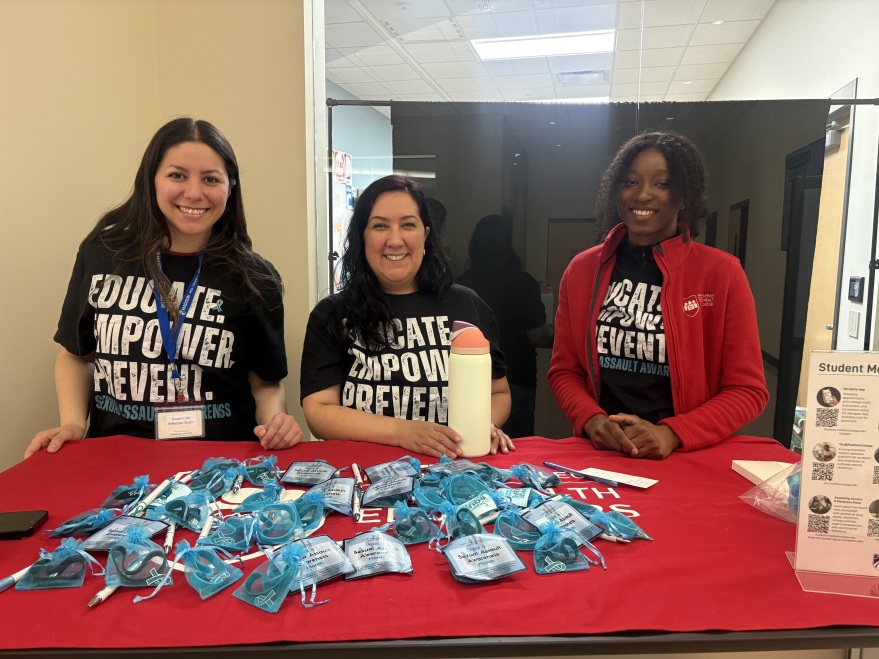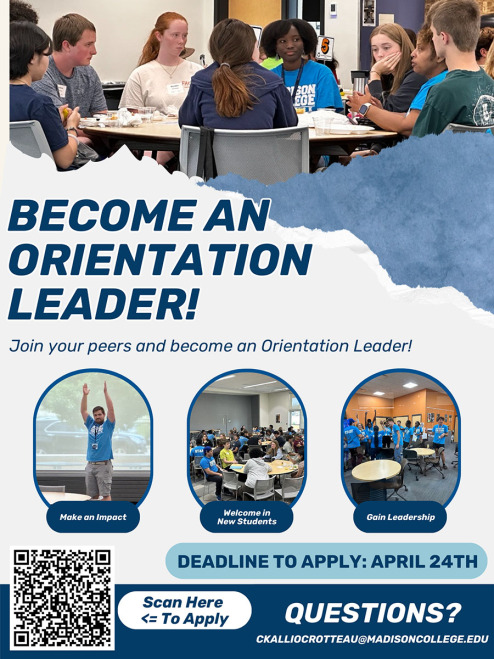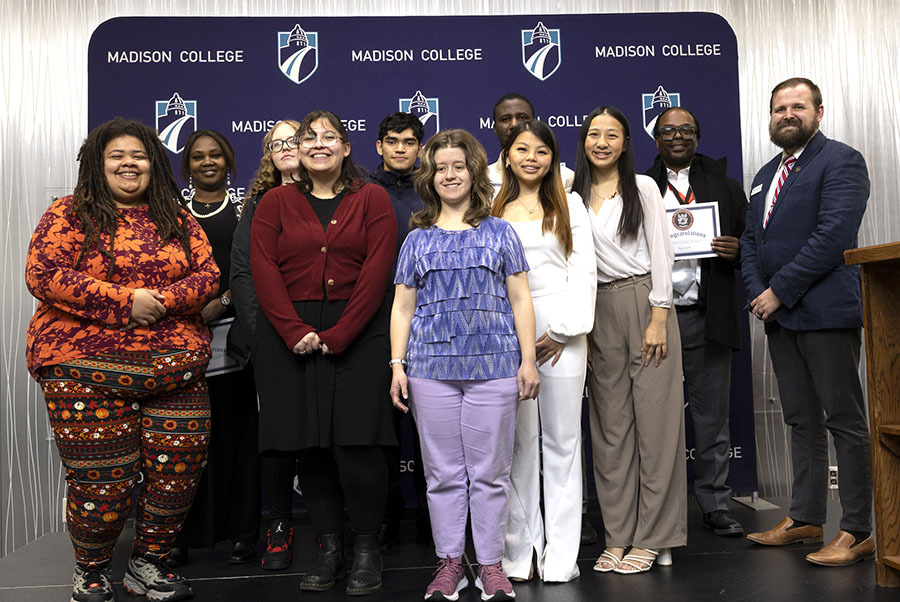Legal help removes a barrier to employment
March 22, 2022
Students with convictions on their records face unique challenges in finding their careers. These “barriers to employment” are fought on Madison College campuses by Megan Sprecher, an attorney working with Legal Action of Wisconsin.
“The goal of that is to make it easier and more feasible for students to access their education, finish their programs and then find a job that can be fulfilling for them,” said Sprecher. “Just having certain convictions on your record can make it difficult to find employment.”
Sprecher’s project utilizes pro bono and volunteer attorneys, paralegal interns and paralegal and law students from places like Madison College and UW Madison and focuses on expungements, pardons, corrections and removals as well as challenging driver’s license suspensions and revocations.
When approaching Legal Action of Wisconsin, everybody goes through a background check to see what can be removed, corrected, expunged or pardoned. Then work is done either in house or through a network of volunteer attorneys.
Pardons are granted by the governor. According to Sprecher, a pardon hearing takes about 14 months. A pardon is something that restores civil rights that were lost because of conviction. Currently, Governor Evers is only considering felonies for pardons.
Madison College faculty and staff can play a role in an individual’s pardon case.
A support letter would be really helpful in showing that a person is on a good path and also potentially why they need a pardon said Sprecher.
For Sprecher, this project is personal.
“It’s really rewarding, having people trust you with their story.” She continues, “Our job is to paint a picture for the pardon advisory board about who this person is, as a person, not their paper court records, but like who they are and how they’ve grown.”
Those interested in utilizing these services can go to legalaction.org or find Sprecher at the Goodman South campus every Tuesday and at the Truax campus on Wednesdays.
A struggle Sprecher faces is to reach people who would benefit from her services.
“I think as things pick up in person on campuses, we’re hoping to reach more students,” said Sprecher.































